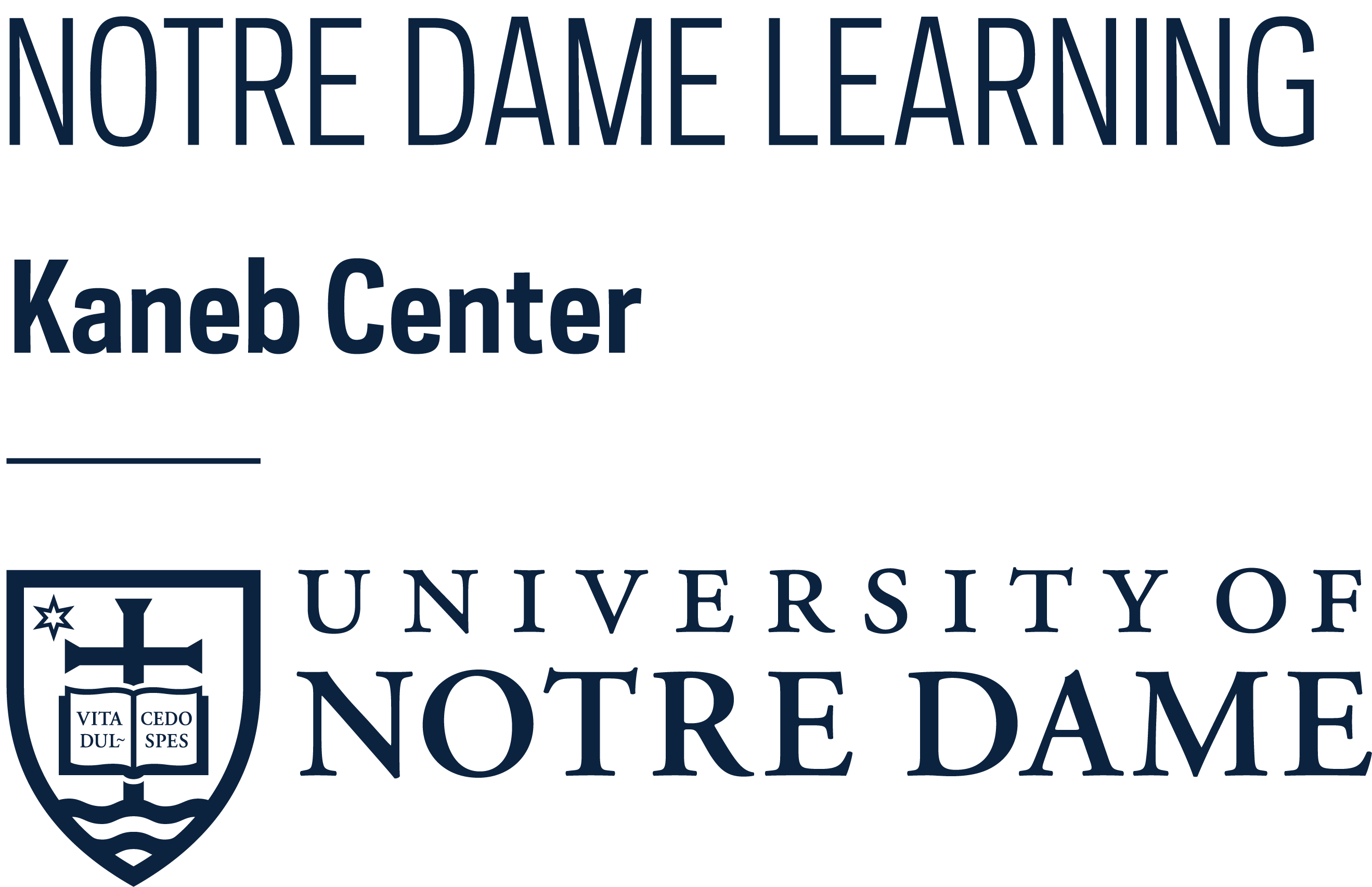Today’s blog was originally posted by Justus Ghormley on the Kaneb Center’s blog in February, 2016. It is reposted here with minor revisions.
One semester a student came to me disappointed about his grade on an exam. He told me that he had studied for nine hours yet felt unprepared for the exam. I asked him to describe to me what exactly he did during those nine hours. He explained his review strategy: he reread all of his notes from class; identified unfamiliar terms and concepts; and then memorized definitions for each of these terms and concepts. While he had stored in his brain a huge treasury of relevant information, he did not know how to use this information. The exam required him to do more than just regurgitate memorized facts or recognize familiar concepts; instead my student was challenged to relate familiar concepts to unfamiliar concepts and to synthesize distinct ideas.
My student’s struggles prompted me to ask two different questions: (1) what was I doing during class time to prepare my students for the higher level of learning required by my exams; and (2) what should my students be doing outside of class to prepare effectively for an exam. Apropos to the first question, there are a host of strategies for prompting higher levels of learning in the classroom such as the use of in-class writing assignments, concept mapping, and guided discussions. In addition to utilizing such strategies, I suggest preparing students for exams by requiring them to solve questions and problems during class time that are similar to those that will show up on the exams. In other words, early on and throughout the semester, expose students to the kinds of tasks and puzzles that you hope they will be able to accomplish and solve by the last day of class.
With regard to the second question, if students are to perform well on their exams, it is important to teach students how to study and review class material effectively. Consider the following tips:
- Invite, inspire, and require students to review subject matter from class early and often.
- Encourage students to review their notes from class as soon as possible after class is over. Explain that students learn more effectively when they review newly learned material promptly.
- To motivate such prompt reviewing, for each class period, consider assigning a review problem/question that is due twenty-four hours after the class.
- Require students to come to class prepared to recall the main points from the previous class. Tell students that as a part of their grade, you will call on them at the beginning of class to summarize the previous class.
- Offer frequent low-stakes, self-diagnostic quizzes (or short practice tests) that expose students to kinds of questions and the higher level of learning that will be required on the exam.
- Grade these quizzes in class and talk through the correct answer.
- Encourage students to form weekly study groups for discussing class content. Consider offering extra credit to students who commit to meeting in such a group.
- Urge students to practice discussing ideas and answering questions from class out loud and on paper. Explain to them that putting their thoughts into words (both spoken and written) will force them to think about class concepts on a deeper level.
For a bibliography on teaching study skills:
http://fod.msu.edu/oir/teaching-students-study-skillshow-learn
Consider the study skills handouts prepared by Dartmouth College:
http://www.dartmouth.edu/~acskills/handouts.html
and their learning strategies videos:
http://www.dartmouth.edu/~acskills/videos/index.html
Also, consider Joe Landsberger’s very popular collection of study guides and learning resources:
Be Sociable, Share!
